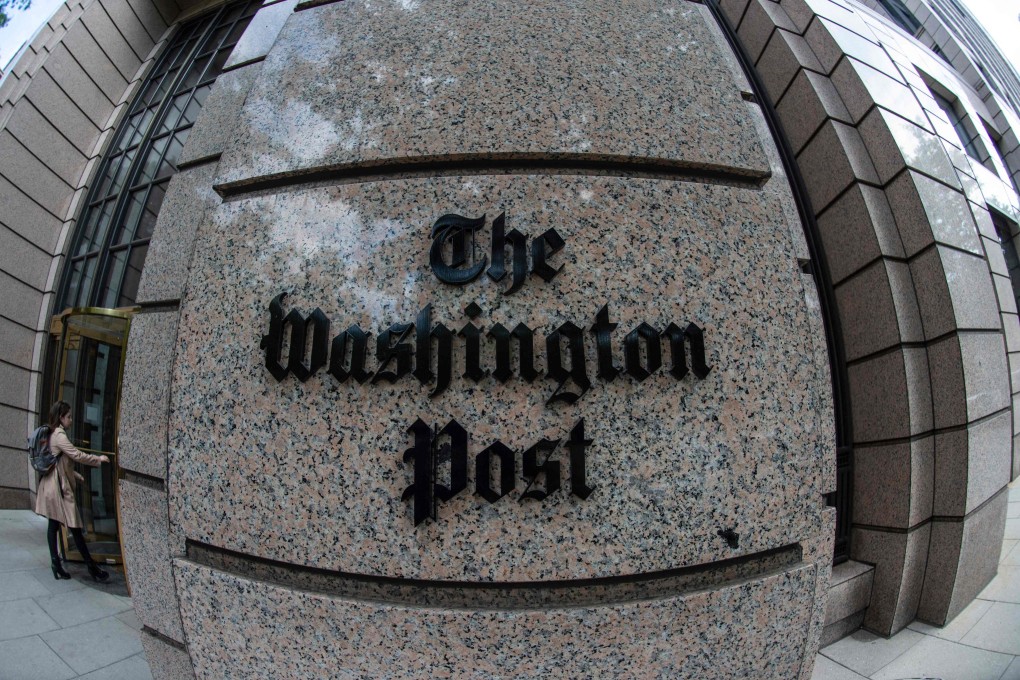Newspapers’ decision not to endorse a presidential candidate roils US media landscape
Move by Washington Post, Los Angeles Times and USA Today spark staff resignations and reader outcry, who say owners are scared of Trump

In the days leading up to the fiercely contested US presidential election, three major American newspapers – The Washington Post, the Los Angeles Times and USA Today – have opted not to endorse either the Democratic candidate, US Vice-President Kamala Harris, or the Republican, former president Donald Trump.
The announcements have prompted staff resignations and reader revolts; reportedly, a staggering 250,000 Post subscribers cancelled their subscriptions, roughly 10 per cent of the newspaper’s paid circulation, since it announced its decision last week.
The backlash has roiled the US media industry, ignited a passionate debate about press freedom and the purpose of endorsements, while also highlighting the broader polarisation within the industry.
Publications that have endorsed Harris include legacy media outlets like The New York Times, The Boston Globe, The New Yorker magazine, The Seattle Times, The Philadelphia Inquirer, The Denver Post and San Antonio Express-News. In its editorial, the Times described Harris as the “only patriotic choice” while concluding that Trump was “not fit to be president”.
Conservative and right-leaning news outlets including the New York Post, The Washington Times and the Las Vegas Review-Journal, have endorsed Trump. The New York Post wrote that Trump “exhibits the same strength and vigour as he did in 2016, despite the unprecedented and disgraceful weaponisation of the justice system against him, two assassination attempts and the all-too-familiar constant barrage of hysterical media attacks on him”.
In declining to make an endorsement, The Washington Post’s publisher, William Lewis, wrote that the paper was “returning to our roots of not endorsing presidential candidates” and would not do so in the future.
